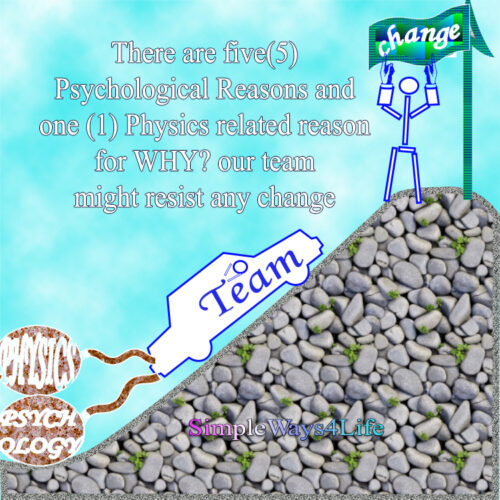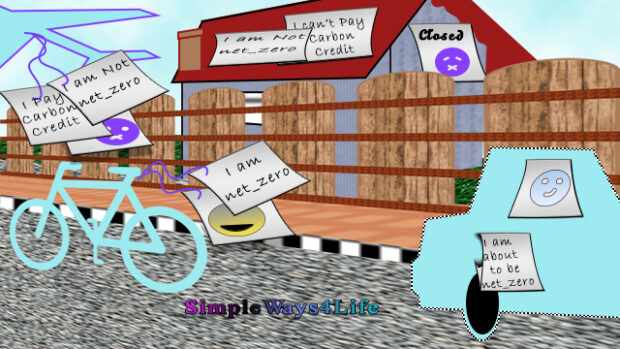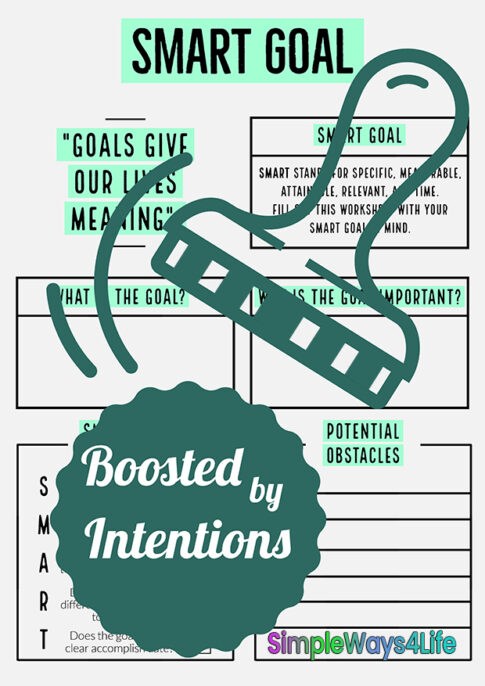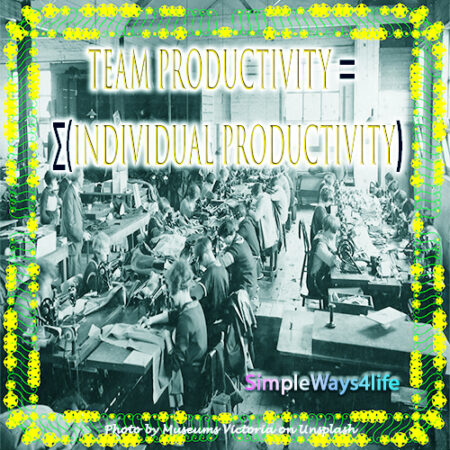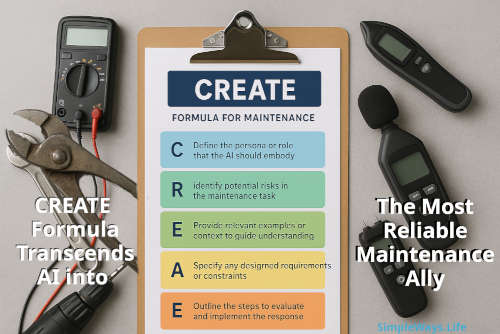As long as the change will affect humans, then we need to discuss why they may not accommodate this change easily. We had chatted about 11 steps (read them here) that you need to take as a maintenance manager or a supervisor to facilitate a change in the workplace. The psychology traits we shall chat about today need to be considered in the plan to change. Why? Because it affects the success of the change implementation. Those psychological traits are within us all. That’s true whether you are in the position of the facilitator, the implementer or the user. Even if you are the initiator of a change and this change is on your personal scale, those traits are still the main resistors or inhibitors that you need to work around.
Those advocating the minimization of the human manpower in the workplace is trying to avoid dealing with those traits. Machines, whether robotics or automated, and systems they follow the change you enforce immediately. However in the absence of humans you miss the compassion and the innovation. So far, the compassion, innovation and spontaneity in any previous situation is coming from human workforce.
To be fair, some of the human workforce had surrendered to the hamsters’ wheel. They just do what is required and keep a distance to their colleagues. They feel heavy when they walk up in the morning when they are going to work. Moreover, they spend 8 to 12 hrs looking for leaving the workplace. Those feelings are not the sole responsibility of the workers. The workplace shares the responsibility of the disengagement of the employees to the workplace.
Sometimes Physics is not far from Psychology
There are facts in life that look conflicting. One of these facts is that the change is the only constant. We can see it simply in ourselves and our life. We grow up, physically we change with this growth, day and light, hot and cold, seasons, flowers, fruits, weather and many other evidences of change are in our life. However, we tend to resist and complain about the new changes that come to our life. I believe it has a relation to the physical law of inertia. To understand the “inertia” let us take a literal definition from Britannica :
Inertia, property of a body by virtue of which it opposes any agency that attempts to put it in motion. Or, if it is moving, to change the magnitude or direction of its velocity. Inertia is a passive property and does not enable a body to do anything except oppose such active agents as forces and torques. A moving body keeps moving not because of its inertia but only because of the absence of a force to slow it down, change its course, or speed it up.
Britannica, https://www.britannica.com/science/inertia
In case you are not a fan of psychological talks, simply think of the inertia of the human coworkers. When implementing a change to the workplace, the change will introduce additional work or different way to do the work. So, all except few, tend to resist the additional jobs, additional effort or learning the new skills to do job differently. It is like a physical mass that is stationary or moving with a certain speed and in a certain direction. You need a force to change the direction or the speed or even to initiate a motion. The mass or this coworker tend to resist the force of change by the law of inertia. Even if the coworker can’t explicitly object or decline the change, his silent implicit resistance may carry more opposing force.
Why there is a resistance to the change?
Let us now delve into those psychological traits that you need to keep in focus while facilitating a change in the workplace.
Ambiguity tolerance
Usually humans don’t feel safe when they can’t see some steps forward. It might feel intimidating to take a step if you can’t see the following step. That’s why many tend to imitate the steps of others and follow the same track. Why? Because they feel they know the deficits, the effort needed, they can bargain better and had an escape plan. The uncertainty of success or failure is a huge obstacle that prevents many from taking the first step. TAKE AWAY: Simply they don’t believe that if they start , they will succeed.
Afraid from the Loss of a competitive advantage
After so many times or years from doing a job, it appears as your second nature. Moreover, you look like the expert. You had collected a lot of knowledge about it more than many others. So, returning to square zero and learning how to do it differently is not accepted as an option. It is like losing the control over you territory, you will fight for it. TAKE AWAY: This needs some faith in their own capabilities, they had excelled the first way therefore they can excel the new one.
Protecting the ego
I would like to use a quote from Brene Brown that clarifies this trait of resistance to change:
“Our ego is the part of us that cares about our status and what people think, about always being better than ,and always being right. I think of my ego as my inner hustler. It’s always telling me to compare, prove, please, perfect, outperform, and compete. Our inner hustlers have very little tolerance for discomfort or self-reflection. The ego doesn’t own stories or want to write new endings; it denies emotion and hates curiosity. Instead, the ego uses stories as armor and alibis. The ego has a shame-based fear of being ordinary.”
So any doubt of being incompetent due to the new changes are fiercely resisted by our egos. Some ones fear even to ask how this new thing works? They feel that if they say they don’t know they will be less than others. As we discussed in the previous chat some of the heroes of the old system might need one-to-one sessions. TAKE AWAY: They need to believe in their own value as humans not in their comparative value.
Additional load
Usually as time passes, most humans had come up to tolerate the level of effort they do now . The transition leading to the change is usually stressful to the users and implementers. This stress adds longer working hours and extra effort to maintain the work running while encompassing the new. TAKE AWAY: They need to know that stretching yourself between now and then with extra effort and challenges boosts your health like the cardio exercises.
The magnitude of change
Even though when we change our job we accept that everything will be new, we resist changes in the current working conditions. The magnitude of change increases the resistance. It is recommended to introduce the intended changes gradually. Moreover, it would be better if you could talk about it positively in advance and with some details to prepare the scene. Same information is smoothly accepted when it is heard twice and from different sources. It is like when a child or even an adult starts to learn a new language or a new skill. It can’t be digested and well utilized unless it is built up gradually with time but with persistence.
TAKE AWAY: Desmond Tutu once wisely said that “there is only one way to eat an elephant: a bite at a time.” What he meant by this is that everything in life that seems daunting, overwhelming, and even impossible can be accomplished gradually by taking on just a little at a time.
In Conclusion,
Understanding the psychology of the work place helps to introduce the new changes effectively. The maintenance manger or supervisor need to keep in his mind the different psychological traits that resist the change. We had summarized the common reasons why our team might resist a change under five categories. They include five precious underlined TAKE AWAYS. Even if you don’t believe in psychology and think that obedient should be the major trait in the workplace, the physic laws says that the inertia would resist your efforts naturally. Enjoy your coffee however you like it, it is a bless.

